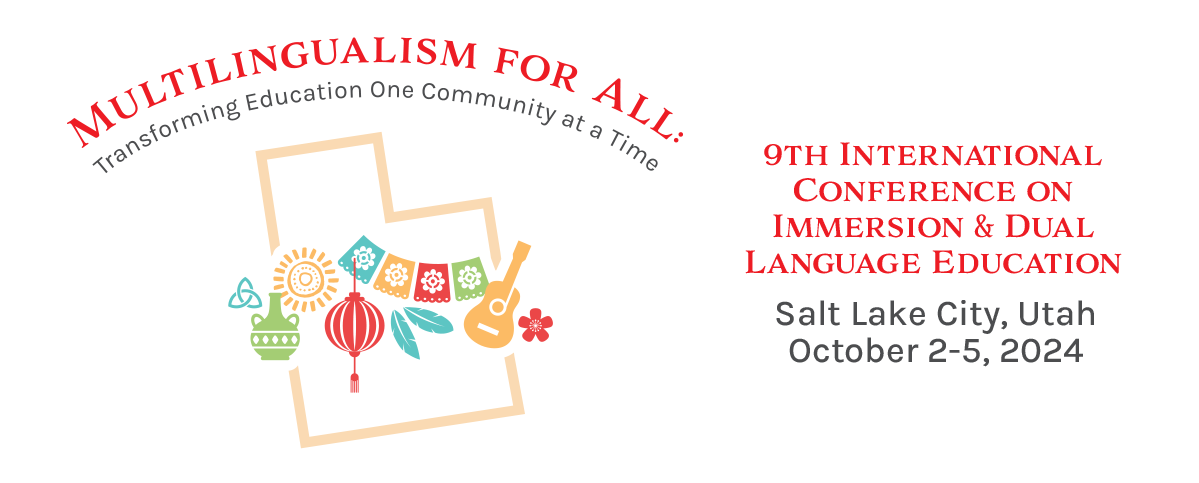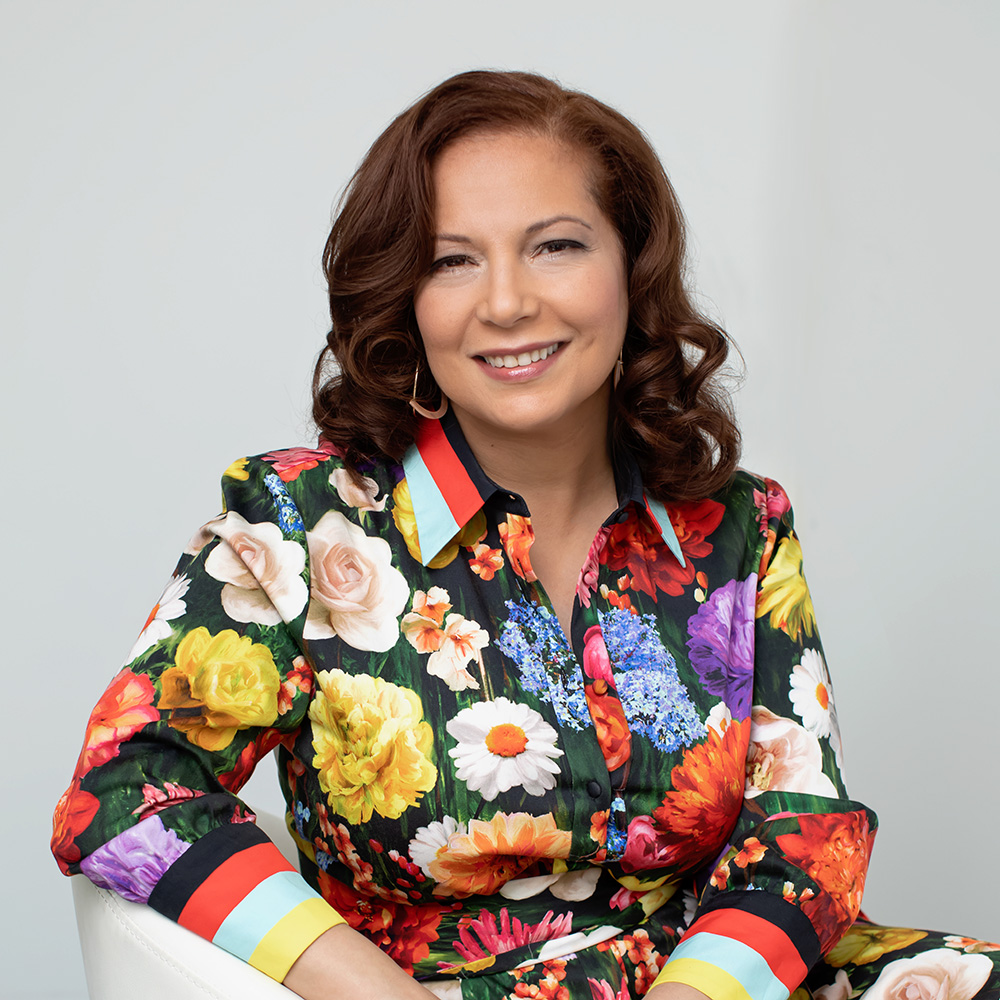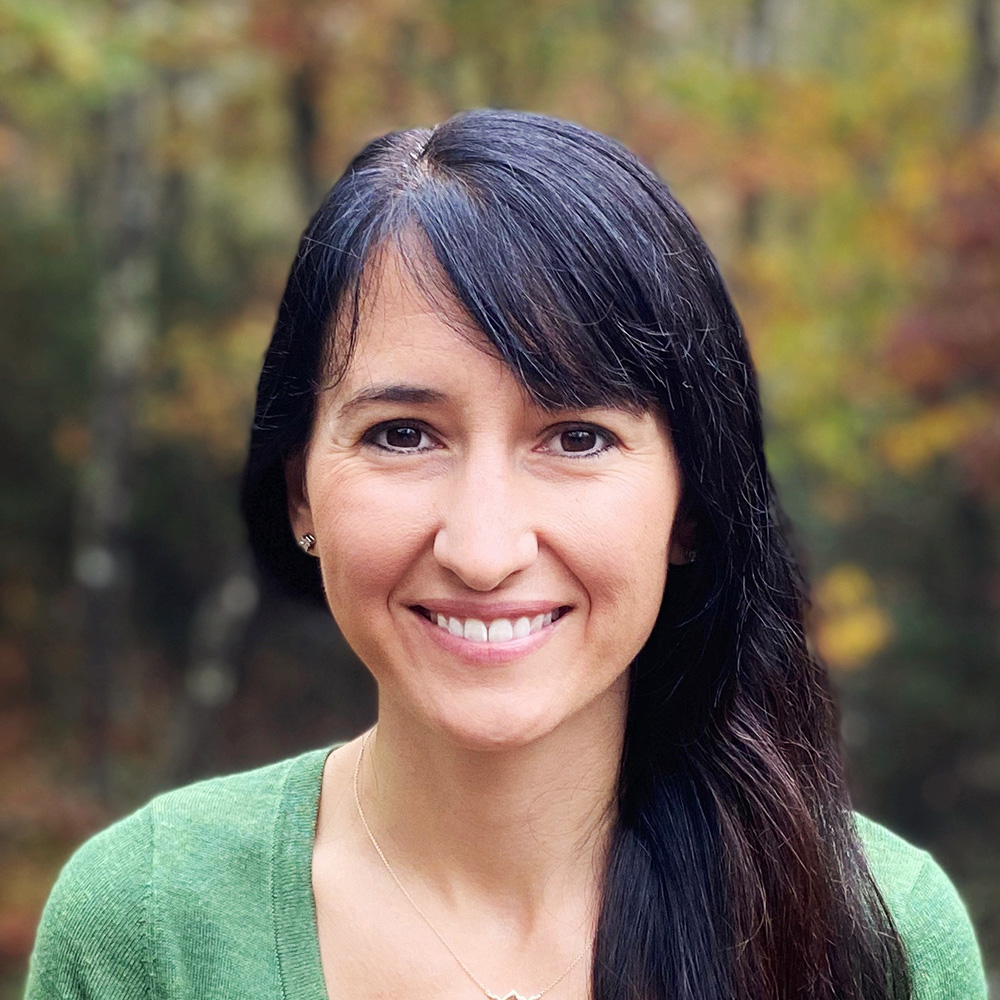
Join us October 2-5, 2024 in Salt Lake City, Utah
at the Grand America Hotel
Strand#1: Designing Effective and Accessible Programs
Critical questions
- What are the key considerations for designing a successful and articulated K-12 program that leads to a variety of post-secondary options? (See, for example, Guiding Principles for Dual Language Education)
- Who are the key stakeholders to include in your program design?
- How do you include state and higher education individuals when designing your program?
- How do you ensure long-term sustainability?
- What resources exist to assist in designing your program? (See, for example, Guiding Principles for Dual Language Education; DLI Teacher Rubrics, University of Minnesota)
- How do you assess your program?
Strand description
Program design is the foundation that ensures that a dual language/immersion program achieves its goals of high academic achievement, bilingualism and biliteracy, and sociocultural competence. This strand’s sessions will focus on those main components and how equity and access, strong leadership, and continual program improvement support effective and sustainable K-12 programs that lead to a variety of postsecondary paths for learners.
Strand #2: Promoting Evidence-Based Instructional Practices
Critical questions
- What are research-based strategies that increase learner achievement?
- How do we create an equitable and inclusive learning environment for all learners?
- How do we structure learning experiences to cultivate literacy in all content areas?
- How do we develop (multi)literacy in all phases of instructional frameworks?
- How and why can technology increase learner engagement, motivation, and self-regulation?
Strand description
Instructional Strategies that result in the integration of language, content, and culture to increase multilingualism, multiliteracy, and intercultural competence for all learners. How do we create an inclusive and equitable learning environment where all learners feel safe and have a sense of belonging? Instructional practices may include assessment, academic language, classroom management, immersion, partner teacher collaboration, lesson planning, scaffolding and support, counterbalance instruction, and integration of technology.Strand #3: Engaging and Collaborating with All Communities
Critical questions
- How do we define community?
- How do we engage communities to advocate for immersion education?
- How do we partner with communities to strengthen DLI programs?
- How do we leverage communities to promote equity, access and inclusion?
- What is the current research on this topic?
- What is a successful story that can serve as a model for other DLI communities?
Strand description
With equity and inclusion at the center, DLI schools often collaborate and engage with a variety of communities and stakeholders for successful implementation of immersion education. To include but not limited to: cultural and linguistic communities, home, classroom, and school communities, state, regional, national, and global communities, public and private partnerships, K-12 - university partnerships, professional community, etc.
Strand #4: Building Capacity for DLI and Bilingual Education Teachers and Leaders
Critical questions
- How do leaders support and sustain DLI programs with an equity mindset?
- What are the essential skills needed for successful DLI leaders and teachers?
- What structures need to be in place for ongoing teacher collaboration and professional learning?
- What are the promising practices in teacher recruitment and retention?
- What makes for effective practices in teacher education programs?
- How do leaders build cohesion in their school community?
Strand description
This strand presents research and strategies that develop administrator and teacher capacity through pre-service programs, professional learning, and structures with an equity mindset at the state, district, and building level. Sessions focus on the practices of leaders, instructional coaches, and university instructors that support teacher and program success.
About the Conference
The 9th International Conference on Immersion and Dual Language Education will be held October 2-5, 2024 in Salt Lake City, Utah at the Grand America Hotel. Inclusive of all languages, program models, and educational levels, the 2024 conference brings together researchers and practitioners from the U.S. and around the world to share knowledge, expertise and best practices in dual language and immersion education. The 2024 theme is Multilingualism for All: Transforming Education One Community at a Time.
Pre-conference and Conference Events
|
Pre-ConferenceSchool Tours |
Pre-ConferenceWorkshops |
Conference Sessions |
Wednesday, October 2 |
Thursday, October 3 |
Friday-Saturday, October 4-5 |
Keynote Speakers
Angélica M. Infante Green
Commissioner of Elementary and Secondary Education, Rhode-Island
The Power of Multilingualism in a More Interconnected World
The Power of Multilingualism
In a More Interconnected World
In today’s rapidly globalizing society, multilingualism is not merely an asset but a necessity. A lifelong changemaker in multilingual education, Rhode Island Commissioner of Elementary and Secondary Education Angélica Infante-Green will explore how multilingualism enhances cognitive development, promotes cultural empathy and awareness, and opens doors to global opportunities. By sharing insights from her experience in New York to Rhode Island and beyond, Infante-Green will illustrate the critical role of language diversity in preparing our students for an equitable, innovative, and interconnected world.
Kristin J. Davin
Professor and Program Director of World Language Education, University of North Carolina at Charlotte
Leveraging the Seal of Biliteracy to Promote Multilingualism for All
Leveraging the Seal of Biliteracy to Promote Multilingualism for All
Students across the United States can now earn a Seal of Biliteracy when they graduate from high school, providing evidence of proficiency in English and an additional language for college and career. The Seal of Biliteracy motivates students from English-dominant homes to learn an additional language and alsovalidates multilingual learners’ home languages and cultures, instilling pride and strengthening ties to their heritage. In this keynote address, I discuss how dual language and immersion programs can support the effort through pathway awards. Pathway awards are typically offered in fifth and eighth grades and recognize students’ progress toward reaching the proficiency level required for the Seal of Biliteracy. Drawing from multiple case study research in exemplary districts implementing the Seal of Biliteracy and pathway programs, I discuss how such programs expand access to the Seal of Biliteracy and promote multilingualism for all.
Meet Our Keynote Speakers
CONFERENCE STRANDS |
Hosted by the University of Utah’s Second Language Teaching and Research Center (L2TReC)



